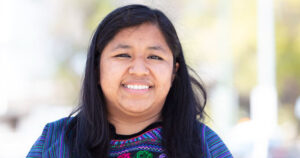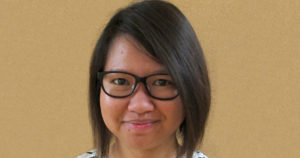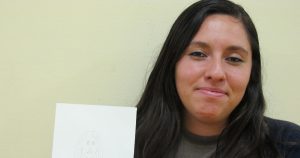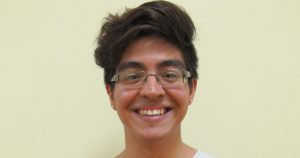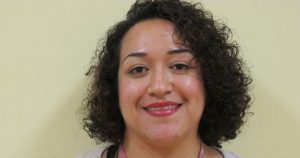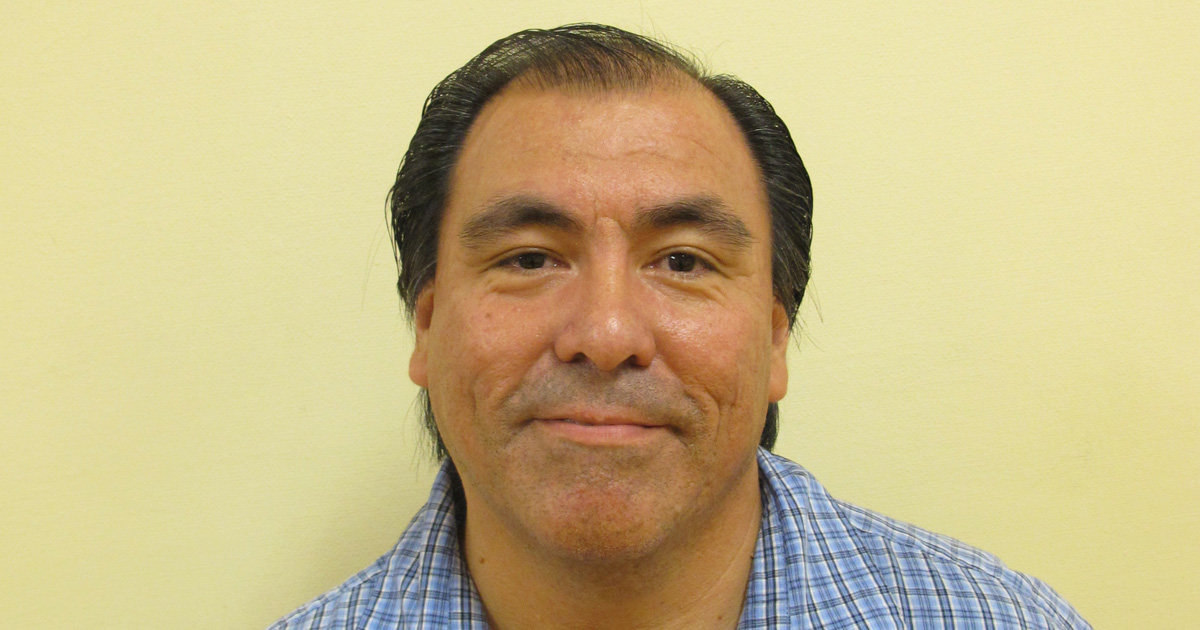
My story begins before I do. My father and grandfather and their fathers before them, all came from a people, a group of indigenous Mexicans who claimed an empire that rivaled the Aztecas. Purepechas they were called, and they were a people that mastered the art of metal working. This gave them a slight advantage over the Aztecas, with whom they were constantly at war. Although the Empire of the Aztecas was great, they could never defeat the Purepechas. Tzintzuntzan was never conquered and, in fact, being the center of culture, was also the center of the Purepecha Empire.
When the Europeans came over in their lust for gold and conquest, the Aztecas went to the Purepechas for help. Along with their plea, they also brought small pox. The messengers were sacrificed in return and no help sent out. When the conquistadores came, they came also with Aztec foot soldiers. And, after a very brutal and bloody campaign, the Purepecha emperor brokered a peace that no more blood be shed. His 16-year-old daughter, however, wanted their people to be free so she stole some horses and guns and waged a rebel campaign. (A statue of her and a fresco of her campaign, stand in tribute in Michoacan, Mexico.) The empire dissolved, and people displaced, the Purepechas began to disappear. About 200 years later, my grandfather was born on a small reservation in Mexico. He built himself up as an orphan – his parents were both killed, and he was adopted by “El Rio de Los Camotes.” It is thought that our last name, Camargo, comes from him.
My grandfather worked hard. He often talked about the ranches and mines he had worked from Aguas Calientes to Wyoming. He settled in Colorado. Then my uncles and aunts were born, as well as my dad.
“When my dad was 3 years old, he and the entire family had everything taken away and were illegally deported in the 1930’s (1932), thanks to racist policies of the U.S. Court. My father came back (legally) and met and courted my mother, who had only just arrived with her family (legally) from Zacatecas – a pueblo then known as Tlatenango, where there was only one phone and no TV.”
They married and had 5 kids. The eldest, died 22 days after birth. My father was working 3 jobs at the time and at one of them, had an accident that left his back broken. Doctors told him he’d never walk again (1964). But my father was Purepecha. He walked out of the hospital a year later! I was born 2 years after that (1967) and then my two younger siblings (’68 and ’69).
We grew up poor but happy as a family. Yes, we had our struggles and arguments – what family doesn’t? But we were close and there was plenty of love to go around.
My brothers and I liked to fight. When we moved, we fought a lot. Hawaiian Gardens was not a nice place. But here is where I saw many injustices – including my teen brothers getting beaten down by Lakewood police. Bruises, cuts, swelling. I was angry.
I saw a lot of injustices – against women, girls, gay people, immigrants, darker-skinned people, people that spoke with accents. You see that brings out the Purepecha in me and I want to swing away all at the injustices.
“Giving up is not an option. Only when all people are recognized and respected and treated with dignity will the fight end. Only when we decide that we belong to the same tribe – the human race!”
Storyteller Arthur wrote: My name is Arthur and I am a health educator with Planned Parenthood Northern California. I am from Vallejo, CA, by way of East Los Angeles, Boyle Heights, Hawaiian Gardens, Oak Park Sacramento, Davis, Vacaville and Fairfield.

